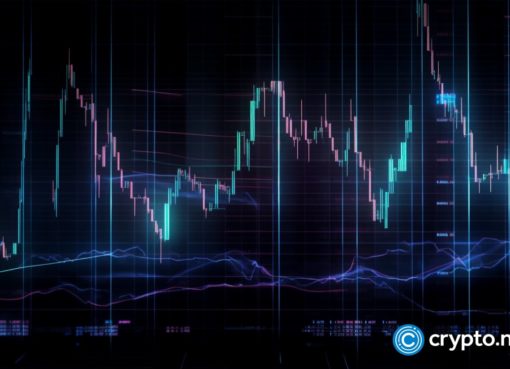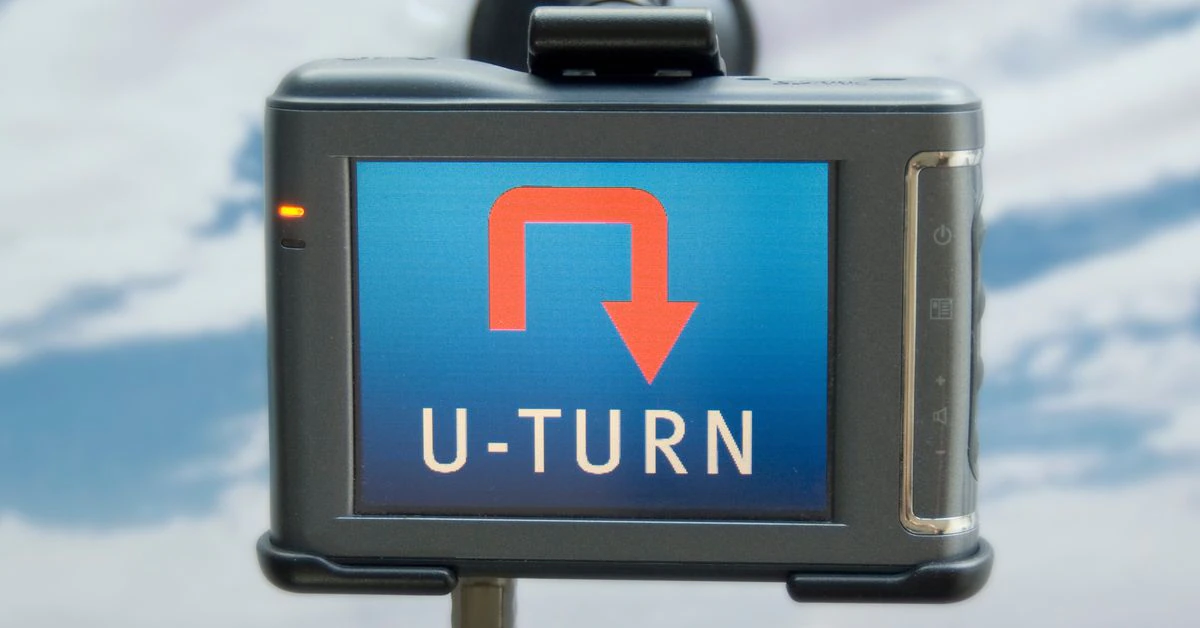The United States Securities and Exchange Commission, or SEC, has charged crypto exchange platform Poloniex for breaching securities trading regulations.
According to an announcement by the SEC on Monday, Poloniex offered trading of cryptocurrencies deemed securities to U.S. investors on its platform between July 2017 and November 2019 without duly registering as a securities broker in violation of Section 5 of the Exchange Act.
The SEC’s indictment also stated that employees of the exchange actively sought to circumvent securities regulation in a bid to increase the company’s market share. According to the Commission’s enforcement chief Kristina Littman:
“Poloniex chose increased profits over compliance with the federal securities laws by including digital asset securities on its unregistered exchange. […] Poloniex attempted to circumvent the SEC’s regulatory regime, which applies to any marketplace for bringing together buyers and sellers of securities regardless of the applied technology.”
According to the SEC’s announcement, Poloniex has elected to neither admit nor deny any wrongdoing but will pay a fine of about $10.3 million while agreeing to a cease-and-desist order. Poloniex will pay $8.48 million of the total fine in disgorgement as well as a $1.5-million civil penalty in addition to over $403,000 in prejudgment interest.
Related: Poloniex Spins Out From Circle to Form New Exchange Not Available in US
As previously reported by Cointelegraph, USD Coin (USDC) stablecoin issuer Circle acquired Poloniex for $400 million back in February 2018. The exchange rebranded as Polo Digital Assets in October 2019, with the U.S. excluded from its service coverage due to unfavorable regulations.
Back in June, reports emerged that Circle lost about $156 million on its initial Poloniex acquisition due to legal settlements for cases reportedly involving sanctions by the SEC and the Office of Foreign Assets Control.




